DOE to award $60M to advance clean hydrogen technologies and decarbonize grid
Green Car Congress
AUGUST 24, 2022
To further decarbonize the grid, DOE is also launching a $20-million university research consortium to help states and Tribal communities successfully implement grid resilience programs and achieve decarbonization goals. ( DE-FOA-0002792 ).



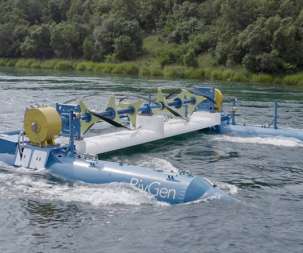









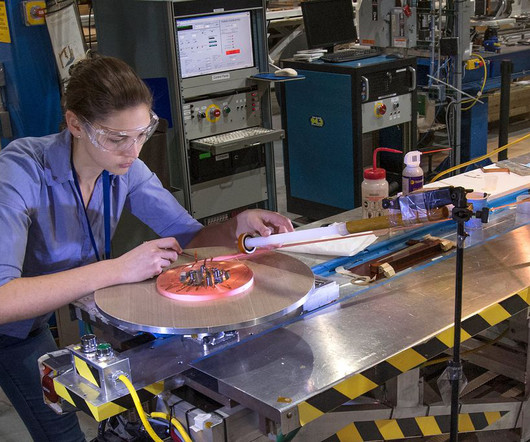
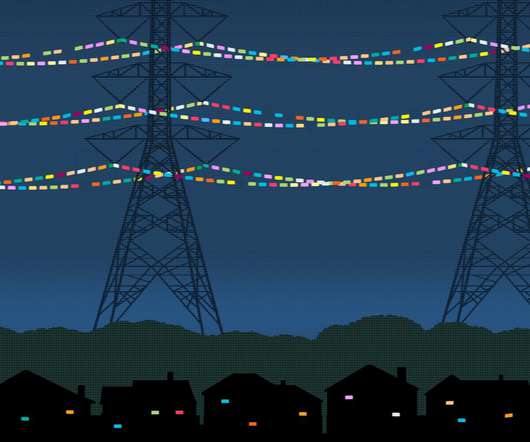
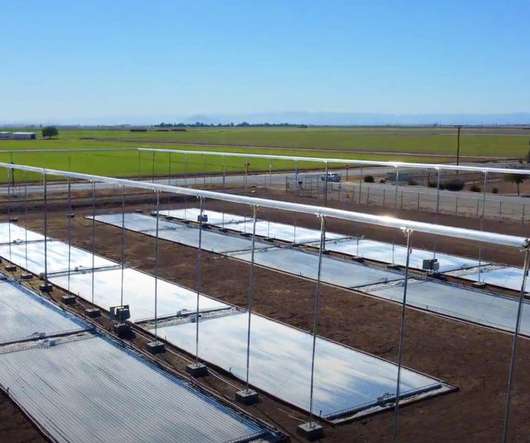


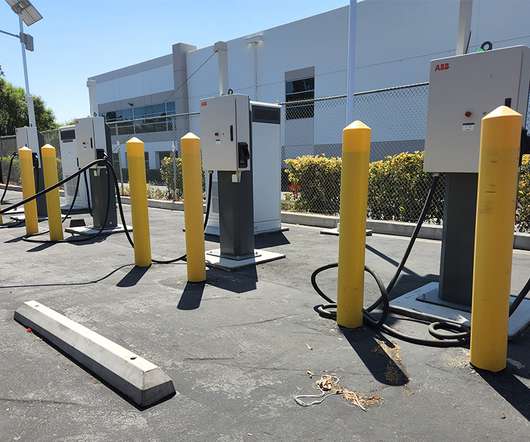












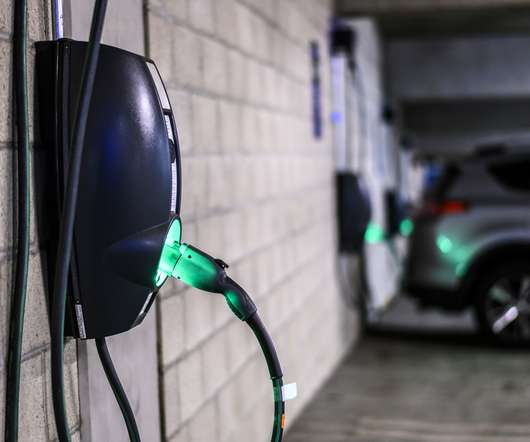











Let's personalize your content